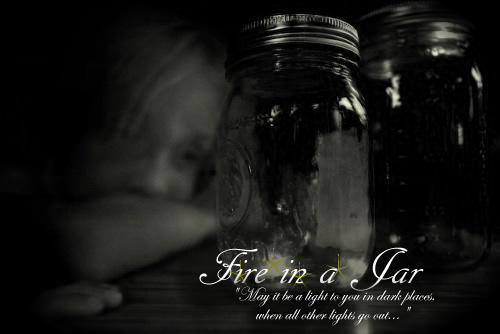The appearance of limitless abundance inspires us to consume as if it were true. Likewise, we are given to understand that we are consumers first and foremost, and our place in a cycle of natural processes is obscured--we are not of the same type as the animals or the trees, which have no economy, no abstractions, no non-essential, non-biologically-conditioned desires.
I walk into H&M, and all around me are racks and racks of clothes. They were not specially requested by customers, made to meet a definite demand. The store has no guarantee that it will sell all of them, and it operates on the assumption that at least some of its stock will ultimately end up in the sale area, tagged to go for $7 or $5, some low, odd number or another. There are many things that determine how much they will choose to supply of a given item. At best, however, they can only project. And perhaps, as a company, they will not only go off of projected demand. They may try to shape their customer base. I can't say that this is the case, for H&M or for any other clothier, but they might wish to attract only a certain type of customer, and so supply a large quantity of clothing in a few lower sizes with fewer pieces in the upper ranges. (I of course am in the throes of absolute confirmation bias on this subject and think it must be true.)
There is definitely much to be said for this model of clothing purchase. Everything can be cheaply made somewhere else; there are standard sizes, which allow for minimal adjustments to measurements; and if I need a dress for an event this evening, I can just pop into a store and find one ready to go.
Of course, this takes a short and shallow view of things. As much as I may find it convenient, it is also enormously wasteful. How much is thrown away because ultimately nobody really wants to be seen in public wearing lime green fur midriff-baring sweater tanks? Working in food service, it's painfully obvious, although a little harder to avoid: so much that would have been perfectly edible ends up in the trash because you can't account for all possible contingencies.
I think when we see this abundance of Stuff spread out before us, we can't help but think that it will never end. There is something magical to the way that clothing and food and gasoline and books all appear on shelves with slick packaging and price tags, utterly divorced from the sweat and labor that it took to get them there. Equally magical is the way that it all seems to stay fresh and up-to-date. But what happens to the would-be bestsellers that don't sell? I am not there to take all of them off of the shelves where they are replaced by their flashier, newer counterparts. I simply come in, peruse, and depart from a moment of consumption frozen in time.
This lightning fast movement occurs too quickly for us to see. We are blind--not only to the true costs of our habits of consumption, but also to our place in the natural processes of the world we live in. Understandably so, too, in light of the fact that we are surrounded by artifice. The laptop I am typing on is clearly the product of human intelligence brought to bear upon materials that could not be found in their present form in nature. The same for my chair, my desk, the lamp that spills its light across this corner of my room. These are my reality in ways that trees, birds, the rich and diverse life of good soil or the ecosystem of a river cannot even begin to compete with.
It is what I consume, not what I experience, that defines me, until my consumption IS my experience, and so the progression is completed. It used to be that we were concerned with the continuation of the species--a fact not securely assured in light of the grievous tolls of war, famine, and plague. Now, we're concerned with the continuation of the economy. Thus far, this trade of the real world for the abstract has been merely a recording in a ledger, taking note of the funds transfer. But if we continue to operate in this light, the toll on the real world will be much more devastating and painful than any economic depression ever could be. The abstract feeds off of the real. It cannot exist without it, and neither can we.

No comments:
Post a Comment